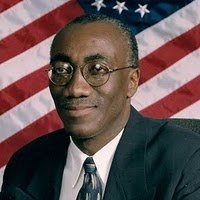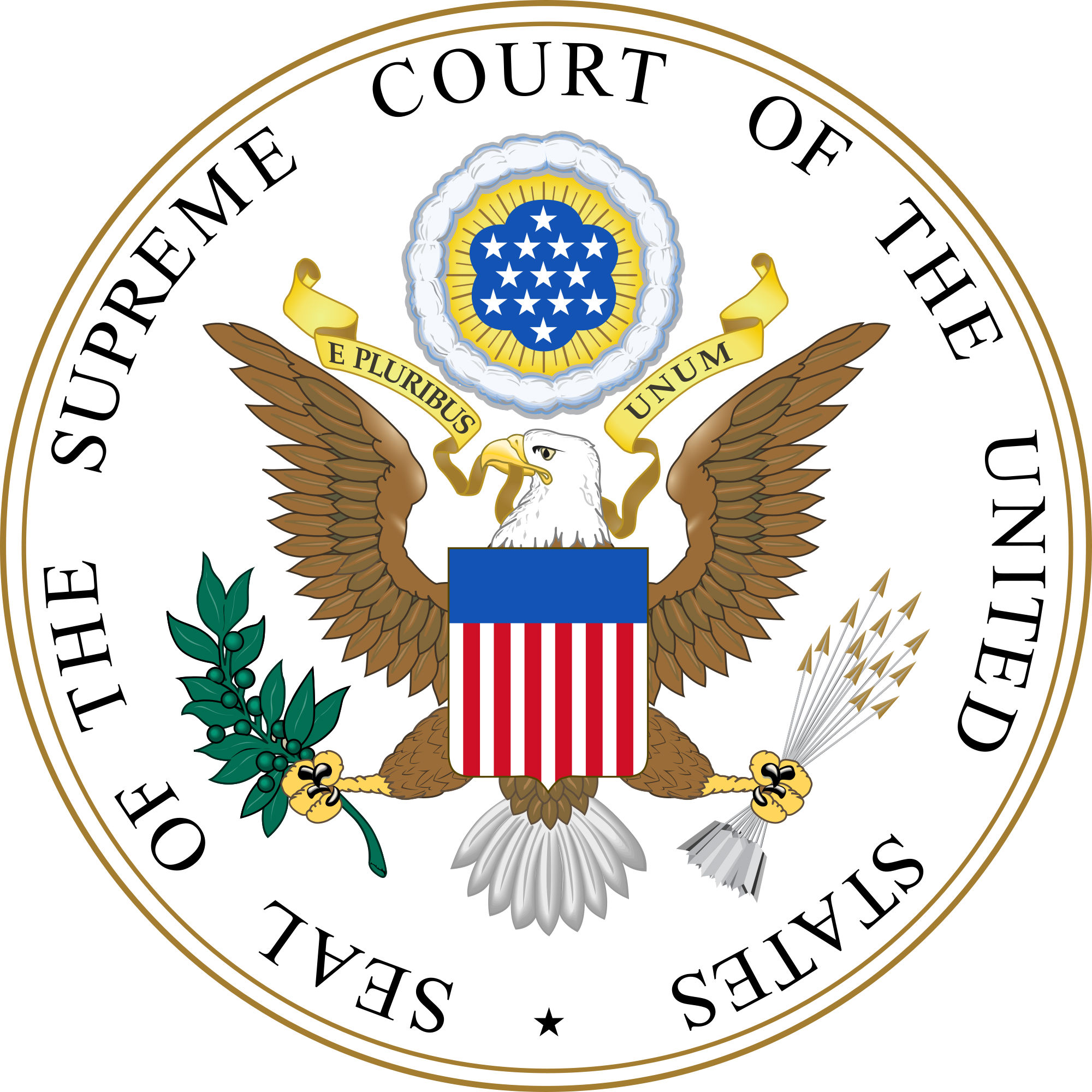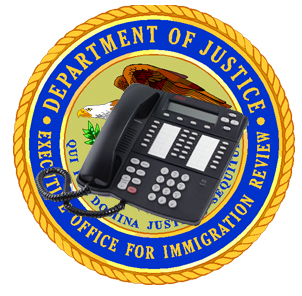Atlanta, October 10 2010: Last week the US supreme court heard argments in the case Snyder v Phelps. Mr. Snyder is the father of a marine killed in Iraq. Members of the Westboro Baptiste Church, namely Fred Phelps and his extended family, showed up in Maryland, having traveled all the way from Kansas, to picket the funeral of Mr. Snyder's son.
Led by Mr. Phelps, they carried signs saying, among other things, "Thank God for dead Soldiers", "You're going to hell",. The members of the church say that Iraq is our punishment for tolerating homosexuality and immorality.
The idea of protesting and picketing a funeral is repugnant to most people. Let alone picketing the funeral of a fallen soldier. Yet Members of reverend Phelp's church have staged over 44,000 demonstrations across the country, many at the funeral of fallen servicemen. They claim they have the right to their shameless protests under the first amendment of the US constitution, which protects free speech. But the father of the fallen soldier, Mr. Snyder, says that all he wanted to do was lay to rest his son, in peace.
Mr. Snyder was emotionally tramatized by the protest at funeral of his son and sued the church for intentional infliction of emotional distress. He won, and was awarded $11 million in damages. Phelps appealed and the case made its way all the way to the high court. This controversy puts the issue of hateful speech and the degree to which we must tolerate such speech squarely into the hands of our nine justices who must make the final call that will hereafter determine to what degree people in Mr.Snyder's situation will have to brook the antics of demonstrators who spew offensive, hateful and hurtful opprobiurm aimed a them, at their time of bereavement.
As distasteful as most find the funeral protests of this church to be, its members have found support for their right to be offensive among some of the country's leading scholars. Several groups have taken their side and have filed friend of the court legal briefs in support of the church's right to hold its protests. Simply because someone's speech is offensive, they argue, is not reason enough to stiffle it.
Speech that is hateful or unpopular or, with which we vehemently disagree, may still be entitled to protection under our constitution. Congress and the courts may impose limits on what we can say if those limits are reasonable. But under our constitution, neither can ban free speech. One cannot, for instance yell "fire' in a crowded theater because of the harm that is substantially certain to ensue. The issue is when, where and in what manner speech such as insisted on by the Phelps is permissible.
The court must balance the Phelps' right to free speech with the right of the Snyders who simply wanted to bury their son without being assaulted with epithets most people would find shocking and offensive, particularly at the funeral of a loved one. Most Americans of conscience side with the Snyders, as do many members of the US congress. But the court will be the final arbiter.
America is a free country to be sure, and Americans have taken unpopular positions and have given voice to, at times in our history, treasonous utterances. Just ask King George. In more recent times, Dr. Martin Luther King was jailed and his supporters persecuted because they expressed opinions that were unpopular, even offensive to many at the time. Yet there needs to be a limit to the verbal assault that we as citizens must constitutionally endure.
The time, place and manner in which we exercise our right to say what we think, must be put under reasonable control. A Nazi demonstration at a convention holocaust survivors, for instance, would seem to be too undeserving of constitutional protection. And a KKK rally at a convention of the NAACP would likewise fall into the trash heap of expression that is too provocative to permit under the circumatances.
Perhaps the time has come to extend some protection from harrassing, hateful protests to families during burial of their loved ones. I would draw the line at the cemetary gate. Mr. Snyder is not a public figure, and never thrust himself into the limelight or sought out public notice in any way. His son's funeral, seems an inappropriate time for the taunts and opprobrium heaped upon him and his family in the name of expressing opposition to the war or homosexuality.
`









